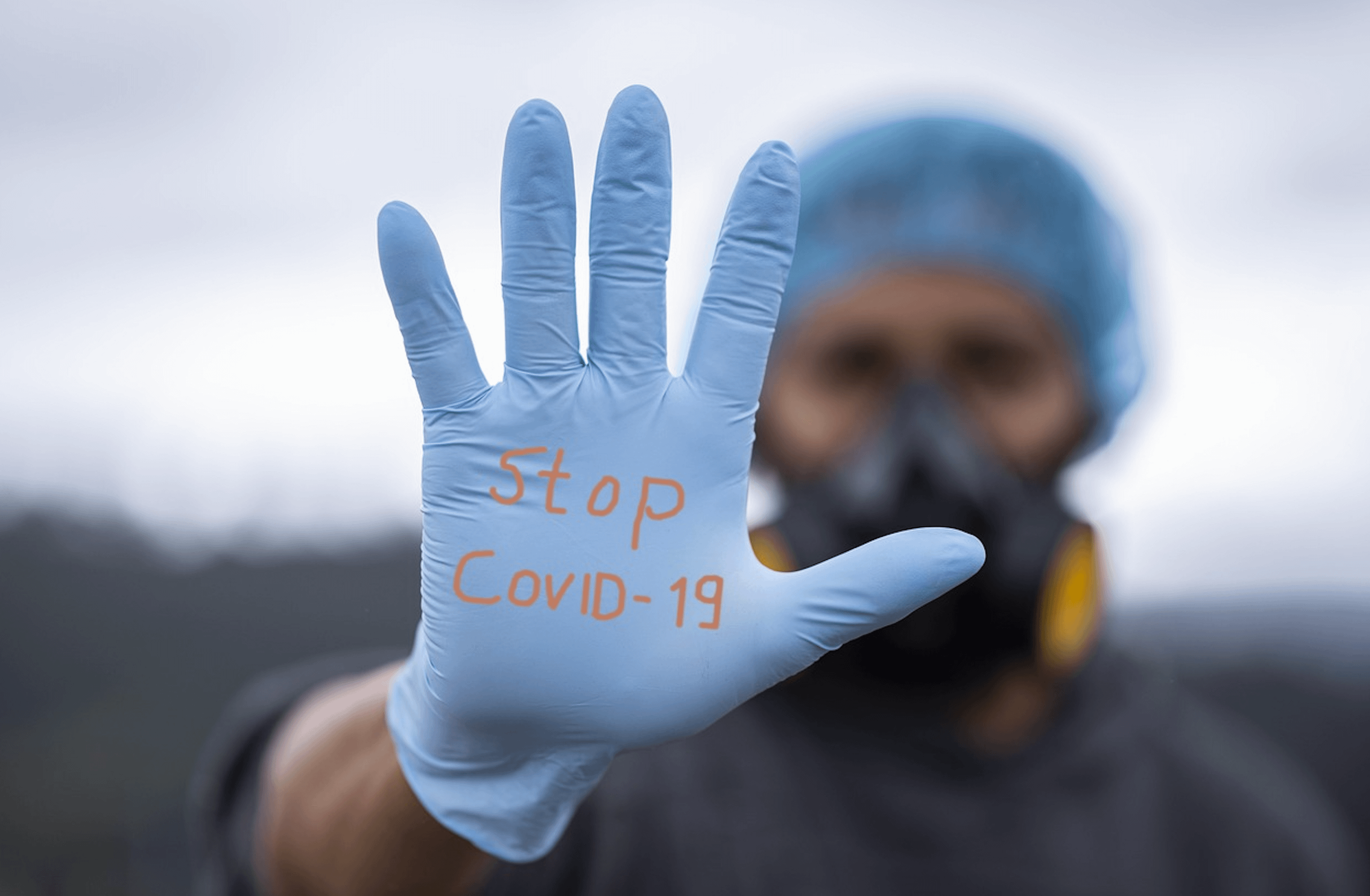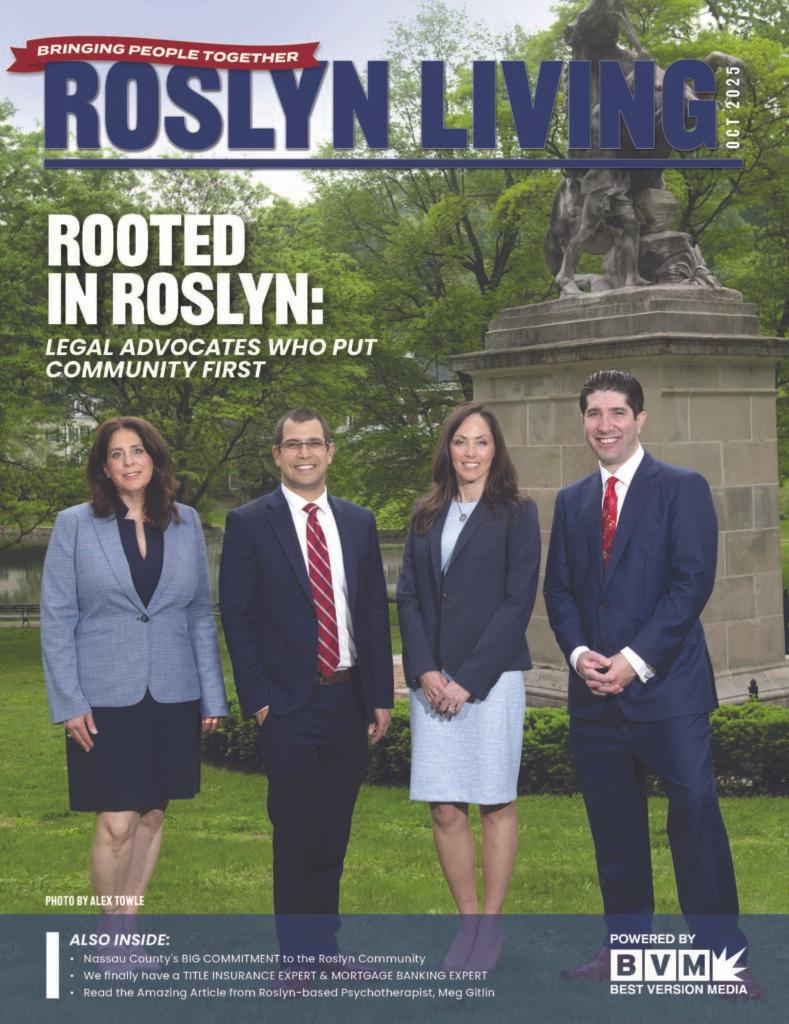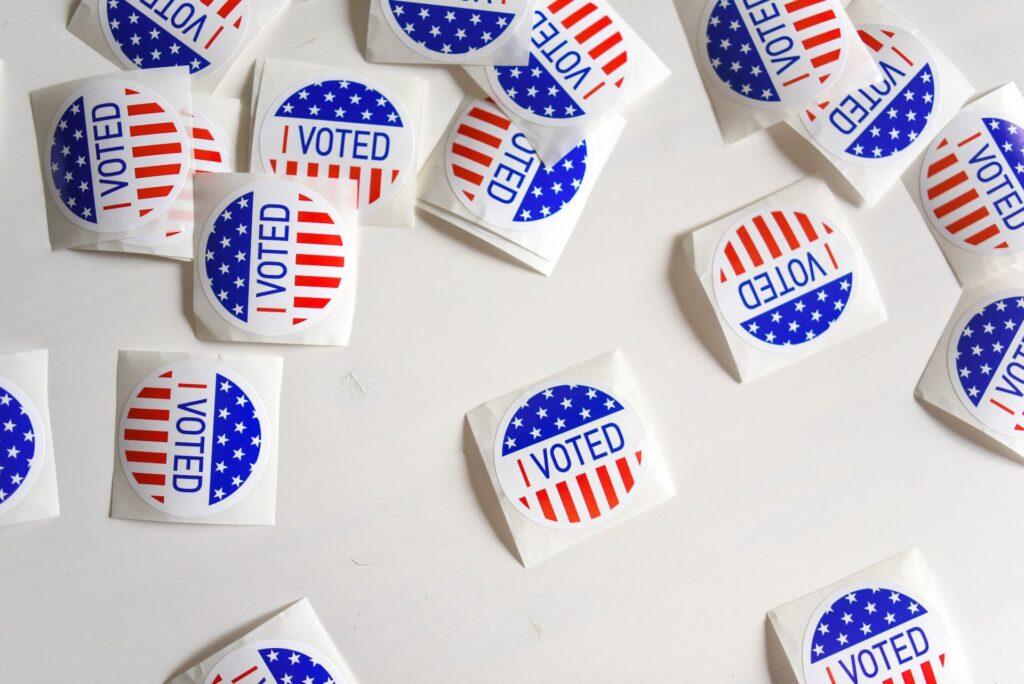By: Bernadette Starzee March 13, 2020
As the coronavirus situation rapidly evolves and cases in the New York area mount, Long Island law firms and other business advisers are fielding questions from anxious clients about what they should be doing to prepare for the inevitable community spread.
“We are getting calls and emails every minute,” said Jeffrey Schlossberg, a principal in the Melville office of Jackson Lewis, a national labor and employment law firm, and one of more than 30 professionals nationwide appointed by the firm to a COVID-19 team.
Over the last couple of weeks, clients have been seeking advice about a number of issues, such as what they can and cannot ask employees with regard to their health and other personal matters; whether they should pay employees who are under quarantine and cannot come to work; what rules they should put in place regarding travel; whether they should allow employees to work from home in order to cut down on person-to-person contact; and if so, how they can accomplish that and still have a productive workplace.
What you can ask employees?
One of the biggest issues is what questions employers are legally allowed to ask their employees.
“We’ve been telling employers that they can ask about recent travel, and whether it was from one of the most affected countries such as China, South Korea or Italy,” Schlossberg said. “They can also ask if that person has been in close contact with people known to travel.”
But Schlossberg discourages employers from asking questions about specific medical circumstances, which could violate worker protections under the Americans with Disabilities Act.
“For example, don’t ask, ‘Do you have a cough? Do you have a fever?’” he said. “Rather you should say, ‘If you have a cough or fever’ and give instructions.” These can include directing employees to stay home from work or go home if they are already at work, and to contact their healthcare provider.
It’s a constantly evolving situation and the guidance could change.
“But at this stage we are still in a circumstance where asking medical questions is prohibited,” Schlossberg said.
Rachel Demarest Gold, a partner at Lake Success-based law firm Abrams Fensterman, added, “You can’t ask employees if they have health conditions that would predispose them to adverse reactions to the virus, such as if they have asthma or a compromising immune disorder, even though those questions may be relevant to planning.”
She added, “You also cannot withdraw a job offer if someone tests positive for the virus.”
Paying employees who are in quarantine
Thousands of people in the New York area are in either mandatory quarantine or voluntary isolation for various reasons, which has impacted many local employers.
“We had a staff member who went to Italy, and we told her to work from home for two weeks when she got home,” said David Heymann, managing partner of Mineola-based law firm Meltzer Lippe.
Besides people who have traveled to Italy and other countries with major outbreaks like China and South Korea, people who have come into close contact with people who tested positive for COVID-19 are also supposed to self-quarantine for 14 days, which is the maximum incubation period for the virus.
Whether employers are legally required to pay employees who are in quarantine depends on several factors.
For union employees, most collective bargaining agreements will require that they be paid, because it would be considered mandatory time off due to a healthcare emergency, Gold said.
Further, “in the City of New York, you have to pay people for five days of sick time” even if the employee has not accrued it yet, Gold said.
In New York State, Paid Family Leave can potentially be taken by an employee who needs to care for a loved one who is suffering from coronavirus.
Exempt employees who work part of a week have to be paid for the entire week, Schlossberg said.
Many jobs can be done at home, so a lot of people who are under quarantine can perform at least some of their duties remotely.
“Some of our clients have quarantined people that traveled to affected countries, and the expectation is that even though they are quarantined, they are working from home,” said Jeff Agranoff, chief human resources officer and HR consulting principal for Grassi, a business consulting and accounting firm in Jericho. “There’s a small percentage of jobs that can’t be done at home. I think in those cases you need to pay them because with a quarantine they are being asked to stay at home.”
There is no specific law mandating that people who are being quarantined prophylactically must be paid. “But part of the guidance is to consider the company’s civic responsibilities,” Schlossberg said. “Paying people to stay home for a certain period of time might be for the benefit of all; if you don’t, they may come to work.”
For employees who have accrued sick time, “some employers are asking, ‘Should we force them to use their sick time in this circumstance when we are asking them to stay home?’” Schlossberg said. “It’s a business decision. Companies may be able to tolerate a week off for five employees but not two weeks off for 1,000 employees.”
As Gold pointed out, “It would be nice to pay, but for companies, especially small businesses, that are operating on small margins, it’s a lot to come up with payroll without being able to produce something.”
Cutting back on unnecessary travel
Many employers have eliminated business travel to the countries with major outbreaks and told employees that if they travel to those places for personal reasons they will not be able to come to work until 14 days after they return. But with coronavirus growing domestically and employees becoming increasingly wary, some companies are cutting back on all business travel.
“If you have salespeople that are supposed to go to a trade show, and they are afraid to go, how are you going to deal with that?” Schlossberg said. “It should be on a case by case basis.”
Working from home
Tech giants Amazon, Facebook, Google, Apple, Microsoft and Twitter have told employees on their corporate campuses in Seattle and Northern California – areas where there are outbreaks – to work from home. Manhattan-based JPMorgan Chase announced last week that 10 percent of its 125,000 employees would work from home in an effort to cut down on potential person-to-person spread.
New York City Mayor Bill De Blasio has asked companies who can do so to consider having employees work remotely or in different shifts to limit the amount of people gathering in workplaces and on public transportation at the same time.
Companies right now should be assessing which members of their workforce could work from home if need be and how this would be accomplished, Schlossberg said.
“If employees are working from home, there has to be communication, and for nonexempt employees, time has to be tracked,” Schlossberg said. “Technology protocols have to be put in place.”
Agranoff and his colleagues have been helping clients put together readiness plans.
“A lot of companies have the technology to do it, but they aren’t used to a lot of people working from home at the same time and they don’t have the capacity,” Agranoff said. “They need to talk to their IT people to be prepared if it gets to the point where a lot of people will be working remotely at the same time.”
Keeping the office safe
Companies can also help prevent spread by getting their office cleaned more often, with special attention paid to common areas.
“Employers should stock up on cleaning supplies to the best of their ability (there are major shortages) and work out cleaning and sanitizing plans and send a message to employees about the cleaning policy,” Agranoff said. “You want to do everything you can to keep the workplace safe.”
“Last week we sent an email advising all employees to take preventive measures like washing their hands often and avoiding as much hand contact as possible, which includes not shaking hands,” Heymann said. “We’re doing little things like leaving doors open to minimize contact with handles.”
Employers should also be prepared for what they will do if someone in the office tests positive for the virus.
“If someone tests positive, you need to keep the person’s name confidential and inform the workforce that someone tested positive,” Schlossberg said. “You have to determine if the person was in the office during the possible incubation period. You may need to close the office and have it professionally cleaned, and employees may need to be quarantined. Tell local authorities and consult with legal and healthcare advisers as well as possibly a public relations consultant if you are a public-facing company that has to close a facility.”
Associated Url: What Employers Should be Doing to Prepare for Community Spread – Long Island Business News – Rachel Demarest Gold Quoted





